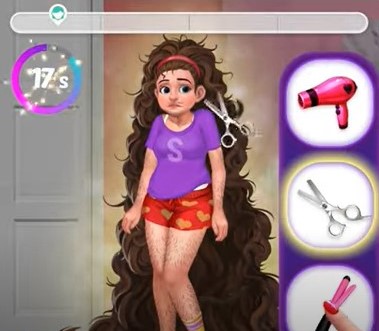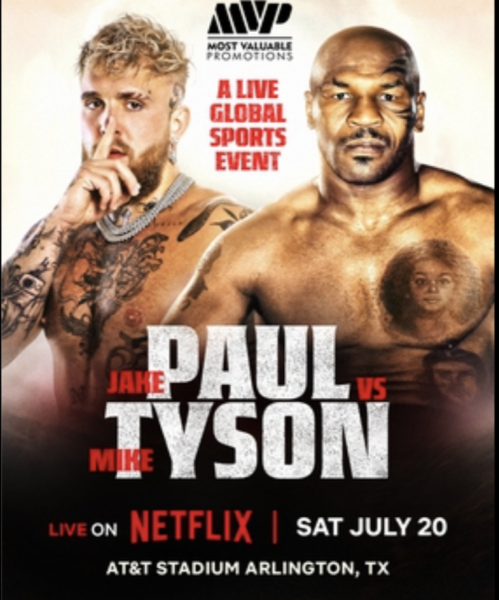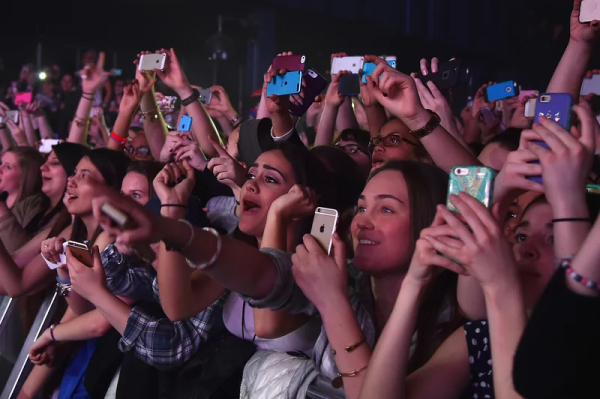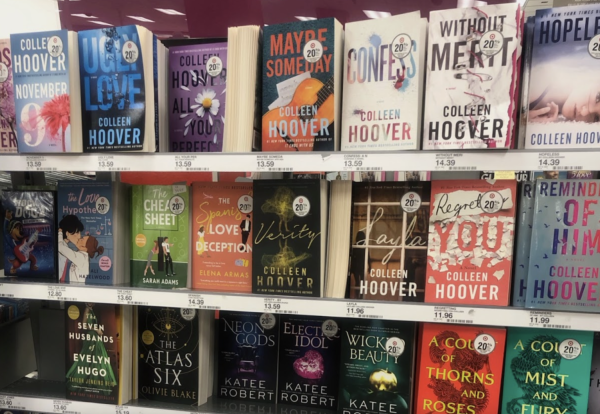Op-Ed: Clickbait Ads, Harmful or Harmless?
Fake HeroWars ad depicting an ‘ugly’ girl’s boyfriend cheating on her.
Scrolling through social media or playing a game, you may not think twice about what ads may pop up. But we can almost guarantee that you’ve seen these games somewhere. The games with ads that depict these women in peril, like the most detrimental thing in their life would be their boyfriend leaving them.
The reason for their boyfriend leaving them? The women don’t take care of themselves. They are hairy and don’t shave their legs, they have buck teeth and pimples and unibrows, and they’re brunettes, or they’re weirdly covered in mud.

Little buttons on the ad prompt you to dye her hair blonde, shave her legs, put fancy clothing on her and have her try to win the boy back. People seeing these ads may not be swayed, but a young woman like the ones on the screen could internalize these thoughts and think that to win a man, they would have to change themselves drastically. Other ads showing women in odd sexual situations, such as doing favors for their boss and then being caught by him alone. The ad then gives you the option to submit to him or lose your job.
Most, however, just start with an “ugly” or dirty girl getting married to a guy and then prompting you, the player, to make her over so he doesn’t run away, or some variation of that. These games like Episode, Project Makeover and Game of Sultan lurk over our Instagram pages or Facebook feed and make us all collectively say “huh?” You may look at them with contempt or confusion, but with no second thought.
But maybe you should.
The saying “sex sells” is as old as advertising itself, and for the most part, it’s very true. These games prove that. Many of these games, mostly being advertised to kids, depict sexual scenarios. Although these apps are age-restricted to 17 or older on app stores, most of the players and the target audience constitute of young kids. Ads for Episode and Choices show people (mainly women) having to choose between sex and something bad.
However, a new marketing tactic that’s also used for these games is simply to spark some extreme emotion in the viewer, usually anger or disgust. They turn these sexual scenarios into extremely odd and uncomfortable sexual scenarios. It works better than you imagine, because when looking at games that say “pee in your wife’s mouth? Or divorce her?”, most people would have a pretty strong reaction. Which is what they’re looking for. Even by just writing this article, we are playing into these mobile games’ hands.
In theory, by writing this, we are just advertising for them, but we’d rather use this as a warning. Because subconsciously, damage can be done, especially for young girls. Our brains don’t fully develop until we’re in our 20s, so viewing these ads that show girls naturally (without makeup and any alterations to their bodies) as ugly will just teach them that they have to change themselves to be loved by people.
A study done in 2018 called “Attachment Security and Social Comparisons as Predictors of Pinterest Users’ Body Image Concerns” showed women who used Pinterest and viewed photos of other women shown exercising and in aesthetically pleasing photos felt worse about themselves and their bodies. When you always idolize women who keep up seemingly impossible beauty standards, you leave behind the women who can’t afford to or don’t want to.
This kind of marketing (getting people angry) has gotten more prevalent. But these games aren’t just getting people angry about weird sexual fantasies; they are also using purposely misogynistic viewpoints to get a reaction out of people. This seems to work doubly as well, and in other situations too. Misogyny as a marketing strategy has given people like Andrew Tate or even our former president, Donald Trump, a huge platform that they otherwise wouldn’t have had.
Who cares if Andrew Tate actually ever believed in anything he said? What mattered is that he said it. And YouTube commenters, TikTok users and people all over the internet all got angry in unison, which only made him stronger. In fact, he was one of the most searched people in 2022.
Like Tate, these games take advantage of women’s issues to get a reaction out of people, who feel the need to point out how obviously wrong these people are. Games, where a man calls a woman a “pig” in disgust and forces her to lose weight for him, is so obviously misogynistic, but that is 100% what these games are going for because it works. While archaic and problematic, it just seems right to “beautify” her. You want to see her get her boyfriend back, you want to make her pretty.
A simple solution to stopping these ads would be to swipe away from them. Don’t pay them any mind (we are hypocrites) and don’t play them. The less clicks they get, the less traction the ads will gain, and we’ll stop seeing them.
Your donation will support the student journalists of Carnegie Vanguard High School. Your contribution will allow us to cover our annual website hosting costs and fund field trips, competition fees, and equipment. We appreciate your support!

Brooke Bushong is a staff writer for upstream news. She's an avid sitcom and Mamma Mia enjoyer by day, an actress by night. On the side, she's a swiftie,...

Ava is a sophomore at Carnegie Vanguard High School. They are a part-time theatre nerd who is always wearing their dead grandpa's sweater. Lover of Batman,...












